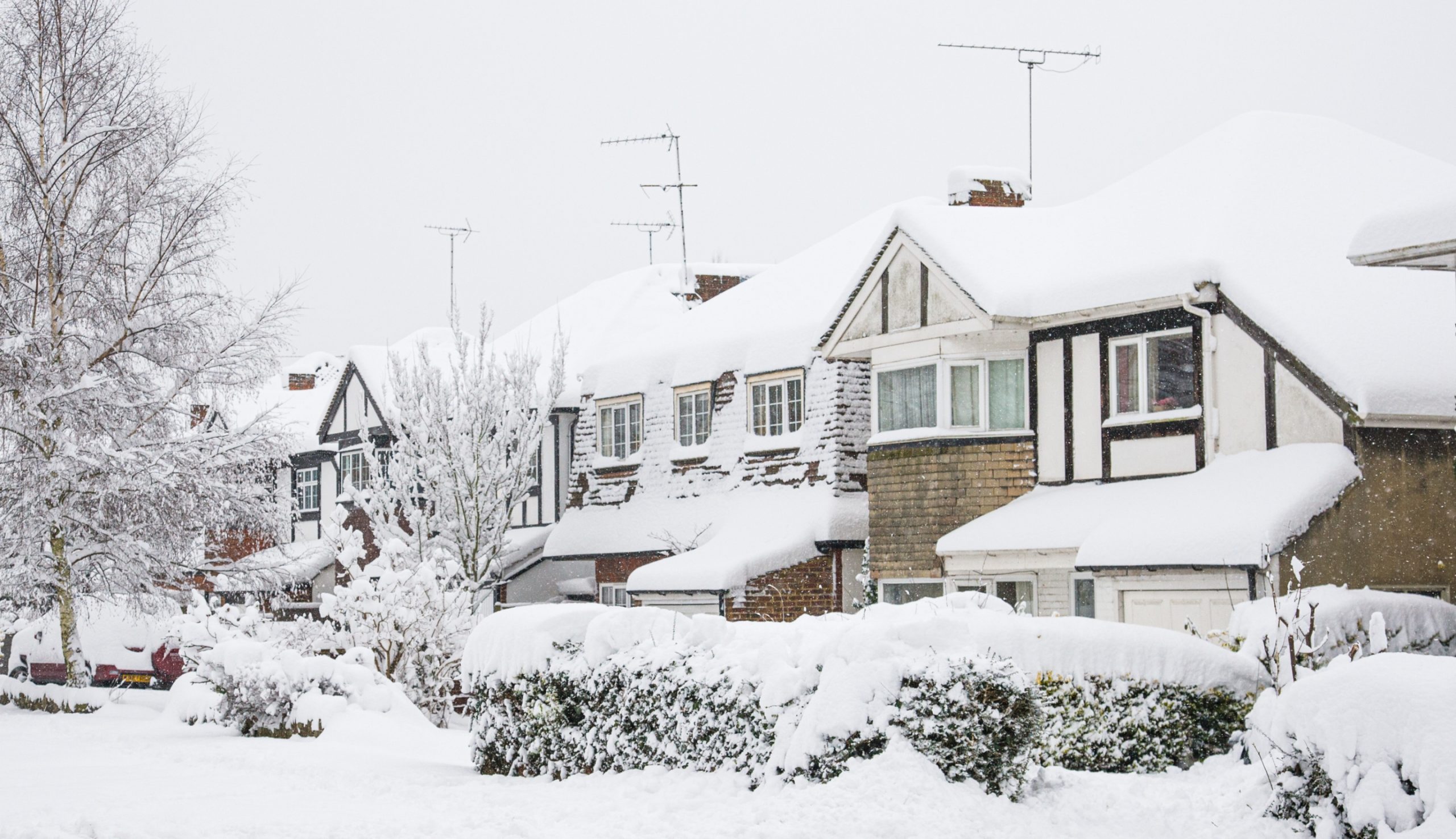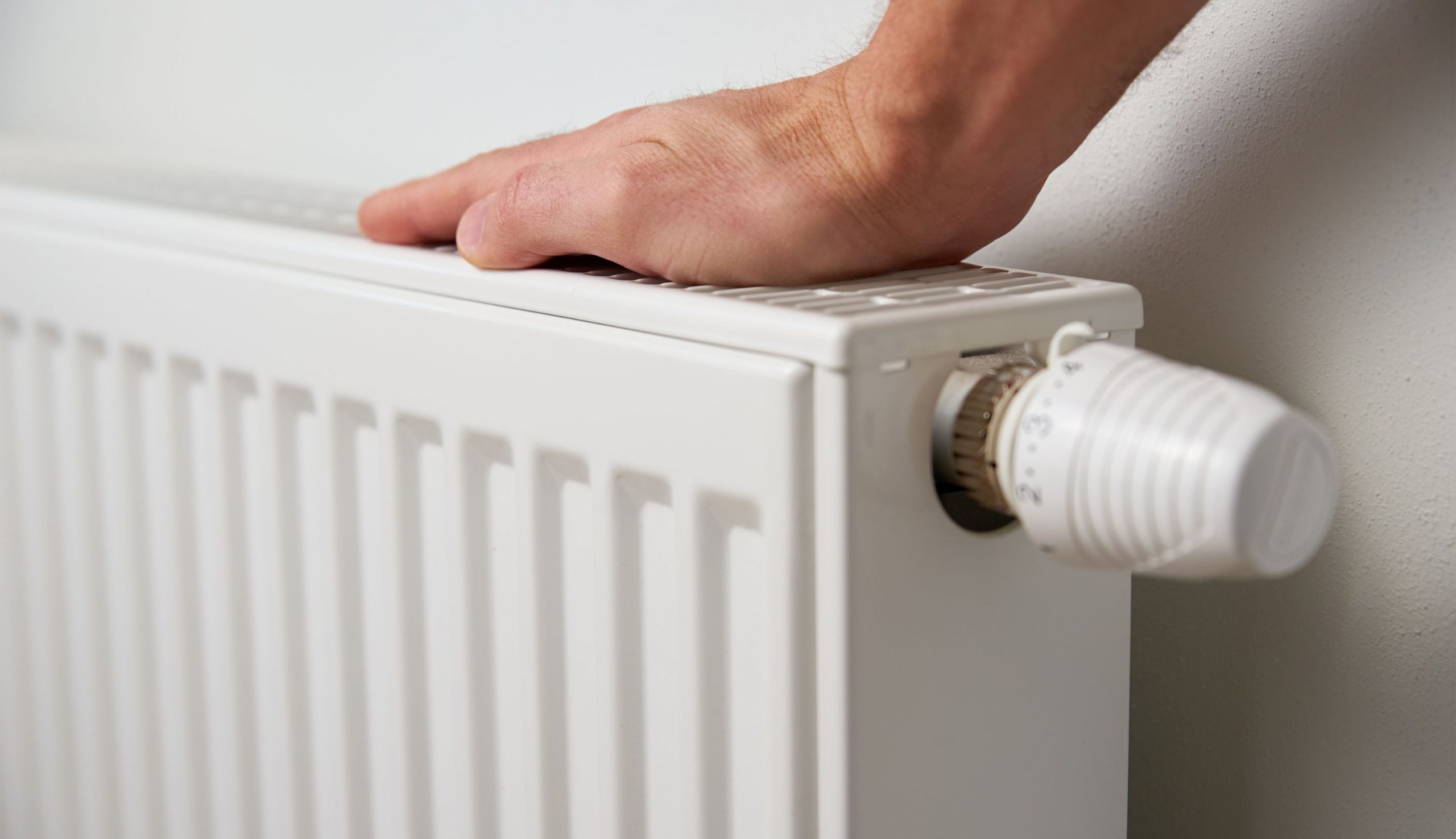Winter can be a beautiful season, but when the temperatures drop, it often brings a common plumbing issue—frozen pipes. For homeowners in Fife, the risk of pipes freezing during the colder months can lead to serious problems, including water damage and costly repairs. In this post, we’ll cover why pipes freeze, how to prevent it, and what to do if it happens.
Why Do Pipes Freeze?
When temperatures dip below freezing, any water left in exposed or poorly insulated pipes can freeze, causing it to expand. As the water freezes and expands, it puts pressure on the pipes, which can eventually cause them to crack or burst. The most vulnerable pipes are those located in unheated areas, such as basements, attics, and outdoor spaces.
How to Prevent Frozen Pipes
Preventing frozen pipes should be a top priority as we head into winter. Here are some key steps you can take to protect your plumbing system:
- Insulate Your Pipes
Exposed pipes are the most at risk of freezing, so insulating them is essential. You can use foam pipe insulation, which is affordable and easy to install, to protect pipes in unheated areas like lofts and garages. - Keep a Slow Drip
During particularly cold nights, let a small trickle of water run from your taps. This keeps water moving through the pipes, which helps prevent freezing. - Maintain a Steady Temperature
Even when you’re away from home, it’s crucial to keep your heating on. A consistent temperature ensures your pipes don’t drop to freezing point. It’s recommended to keep your thermostat set to at least 12°C when you’re not at home. - Seal Any Cracks or Drafts
Cold air coming through cracks or gaps around windows, doors, and pipe entry points can make nearby pipes more susceptible to freezing. Make sure to seal any openings to reduce cold air exposure.
What to Do If Your Pipes Freeze
If you suspect that your pipes have frozen, you need to act quickly to prevent them from bursting. Here’s what you should do:
- Turn Off the Water Supply: Shut off your water supply to prevent further water from flowing into the frozen area, which could lead to a burst pipe.
- Warm the Pipes: Use a hairdryer or warm towels to gently heat the frozen section of pipe. Never use an open flame to thaw a pipe, as this can cause damage or create a fire hazard.
- Call a Professional: If you can’t locate the frozen pipe or are unsure how to handle the situation, contact a plumber in Fife. Our expert team can assess the situation and take the necessary steps to safely thaw your pipes and repair any damage.
How We Can Help
We specialise in plumbing services in Fife, and we’re well-prepared to help you prevent and fix frozen pipes this winter. Our experienced plumbers offer a range of services, from insulating vulnerable pipes to repairing burst ones, ensuring your home stays safe and your plumbing system runs smoothly all winter long.
Don’t wait until it’s too late—contact us today to schedule a winter plumbing inspection or for emergency assistance with frozen pipes. We’re here to keep your home warm, safe, and protected from winter’s plumbing challenges.



